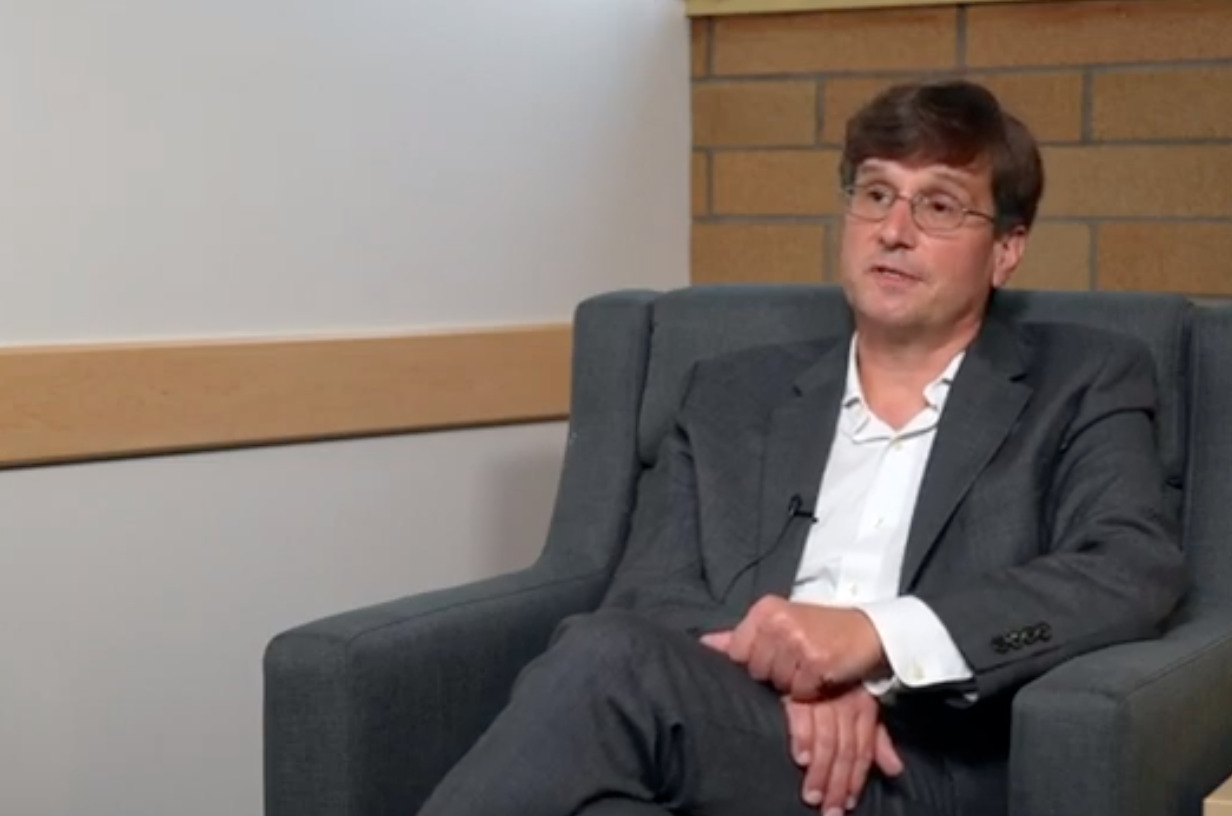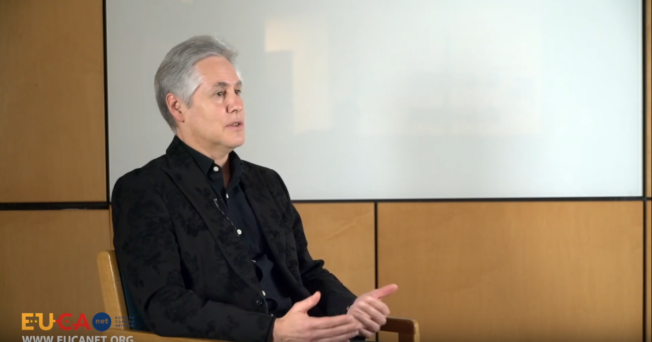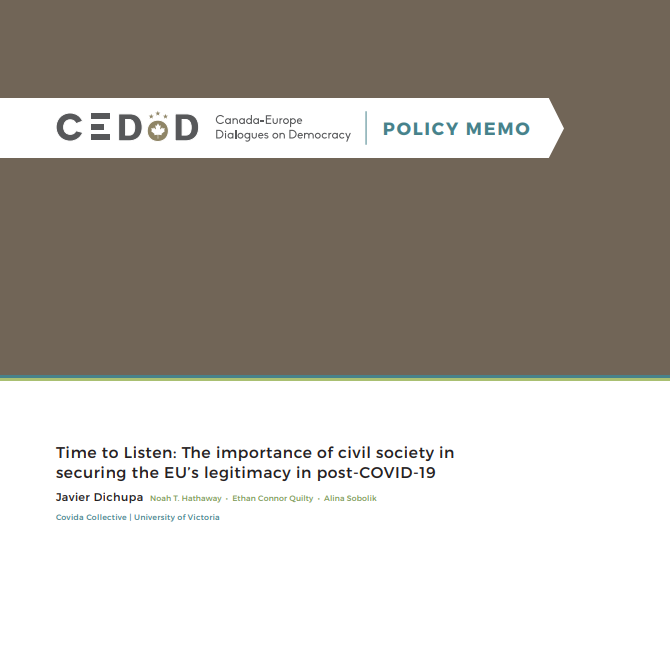Prof. Colin Macleod: Populist Majorities. Demos or Demons?
Colin Macleod, Professor in Law and Philosophy and Chair of the Department of Philosophy at the University of Victoria, participated in the international conference “Constitutionalism in the Age of Populism”, March 6-8, 2020. He gave a paper with the title: “Demos or Demons: Do Populist Majorities Threaten Democracy?”
In his paper Macleod notes that legitimate democratic politics is supposed to respond to the will of the people who constitute the democratic community. Since democratic communities are comprised of persons who hold a plurality of often diverging views on political matters, there is seldom a complete consensus. Therefore, a well-functioning democracy thus needs fair processes through which outcomes, suitably expressive of the people’s will, can be generated and viewed as legitimate even by those who prefer different outcomes. The content of fair democratic processes is a contested but it is clear that groups that gain power through democratic processes can undermine the integrity of democratic processes. Populist movements that espouse intolerance of minority groups and seek to disenfranchise and marginalize vulnerable people seem to represent this very threat to democracy. Macleod’s paper considers how the populist threat to democracy should be conceived and what forms of resistance to corrosive populism are themselves democratically legitimate.
During the conference, Dr. Macleod also participated in the video series on Populism and Democracy and accepted the invitation to respond to a bold question: “What are the biggest challenges that democracy is facing today?”.
In this video, MacLeod, explains how the intergenerational environmental challenge is entangled with the poor deliberative character of our democracies. “In my opinion democratic legitimacy and effective democratic politics depend on a good faith exchange of reasons between people who care about facts, and care about trying to engage with each other in a respectful and tolerant fashion, despite their disagreements”, says Macleod. However – he adds – the environmental crisis, along with other domains in which we need to make informed collective decisions, tends to be dominated by a shallow discourse often characterised by anger and manipulation. This causes the corrosion of democratic politics, which is reflected in declining participation of young people in politics.
Short Bio
Colin Macleod is a Professor at the Department of Philosophy and the Faculty of Law at the University of Victoria. He is one of the founders of the Consortium on Democratic Constitutionalism (DEMCON), an interdisciplinary and international group of legal, political, and social theorists who work on questions of constitutional theory, design, and practice.
Colin Macleod is primarily an expert in contemporary political philosophy, ethics, and philosophy of law. His research focuses on democratic ethics and theory and examines the responsibilities of the various groups that make up a democratic society – citizens, politicians, political strategists and the media and allows him to engage with his students and society on the question what “justice” really means and how we can have a more just society.
You can read more about Colin Macleod’s current research here.
This video is part of the CEDoD project and was produced as part of the event “Constitutionalism in the Age of Populism”, which took place on 6-8 March, 2020 in Victoria, BC. CEDoD stands for “Canada Europe Dialogue on Democracy: Democratic Deficit and the Rise of Populism in Europe”. This project is co-funded by the Erasmus+ Jean Monnet Action of the European Union, the Centre for Global Studies, University of Victoria, the Social Sciences and Humanities Research Council of Canada (SSHRC), the Faculty of Law at the Eötvös Loránd University (ELTE), the Australian Government through the Australian Research Council and the University of Victoria: the Faculty of Law, the Centre for Global Studies, Vice President Research Office, Faculty of Humanities and the Faculty of Social Sciences. The European Union support for the production of publications does not constitute an endorsement of the contents which reflect the views only of the authors, and cannot be held responsible for any use which may be made of the information contained therein.
 https://www.dw.com/de/f%C3%BCnfte-amtszeit-von-angela-merkel/a-53453226v
https://www.dw.com/de/f%C3%BCnfte-amtszeit-von-angela-merkel/a-53453226v







